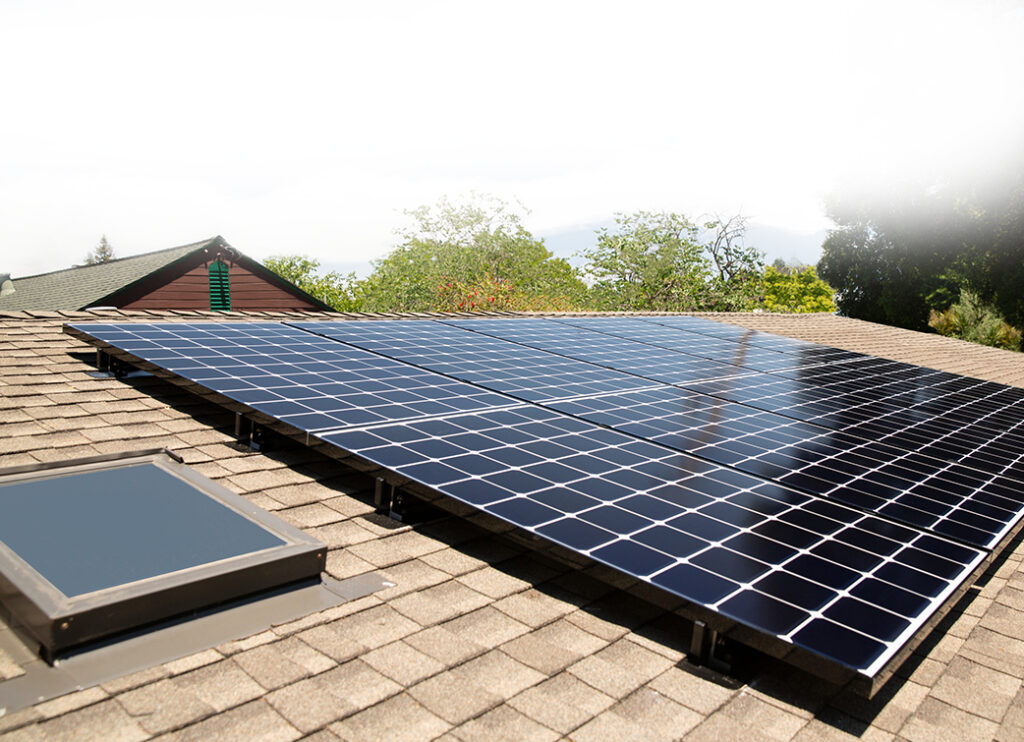The environmental protection and energy-saving aspects of solar panels are reflected in various stages of their lifecycle, from manufacturing to installation and operation. Here are key points highlighting how solar panels contribute to environmental protection and energy efficiency.
1. Clean Energy Generation:
- Electricity Production: Solar panels generate electricity by harnessing sunlight, a renewable and clean energy source. This reduces the reliance on fossil fuels and helps decrease greenhouse gas emissions, contributing to environmental protection.
2. Reduced Greenhouse Gas Emissions:
- Lifecycle Emissions: While there are emissions associated with the manufacturing and disposal of solar panels, the overall lifecycle emissions of solar-generated electricity are significantly lower compared to conventional fossil fuel-based power generation.
3. Energy Efficiency:
- Conversion Efficiency: Solar panels have improved in terms of efficiency, converting more sunlight into electricity over time. Higher efficiency means more energy is produced with the same amount of sunlight, making solar power systems more effective in utilizing available resources.
4. Resource Efficiency and Recycling:
- Materials: Manufacturers are increasingly focused on using sustainable materials and improving resource efficiency in the production of solar panels.
- Recycling Programs: Many solar panel manufacturers and organizations have established recycling programs to reclaim valuable materials and reduce waste at the end of a solar panel’s life.
5. Long Lifespan and Durability:
- Longevity: Solar panels have a relatively long lifespan, often exceeding 25 years. Their durability ensures sustained energy production over an extended period, making them a reliable and lasting source of clean energy.
6. Reduced Water Consumption:
- Low Water Usage: Solar panels generally require minimal water for their operation, especially when compared to some conventional power generation methods like thermoelectric power plants, which can have high water consumption.
7. Land Use and Biodiversity:
- Low Land Impact: Solar panels can be installed on various surfaces, including rooftops and non-arable land, minimizing the impact on ecosystems.
- Pollution Reduction: Solar power reduces air and water pollution associated with traditional power plants, benefiting ecosystems and biodiversity.
8. Energy Independence:
- Local Energy Production: Solar panels promote decentralized energy production, reducing the need for long-distance transportation of energy and increasing energy independence for communities.


